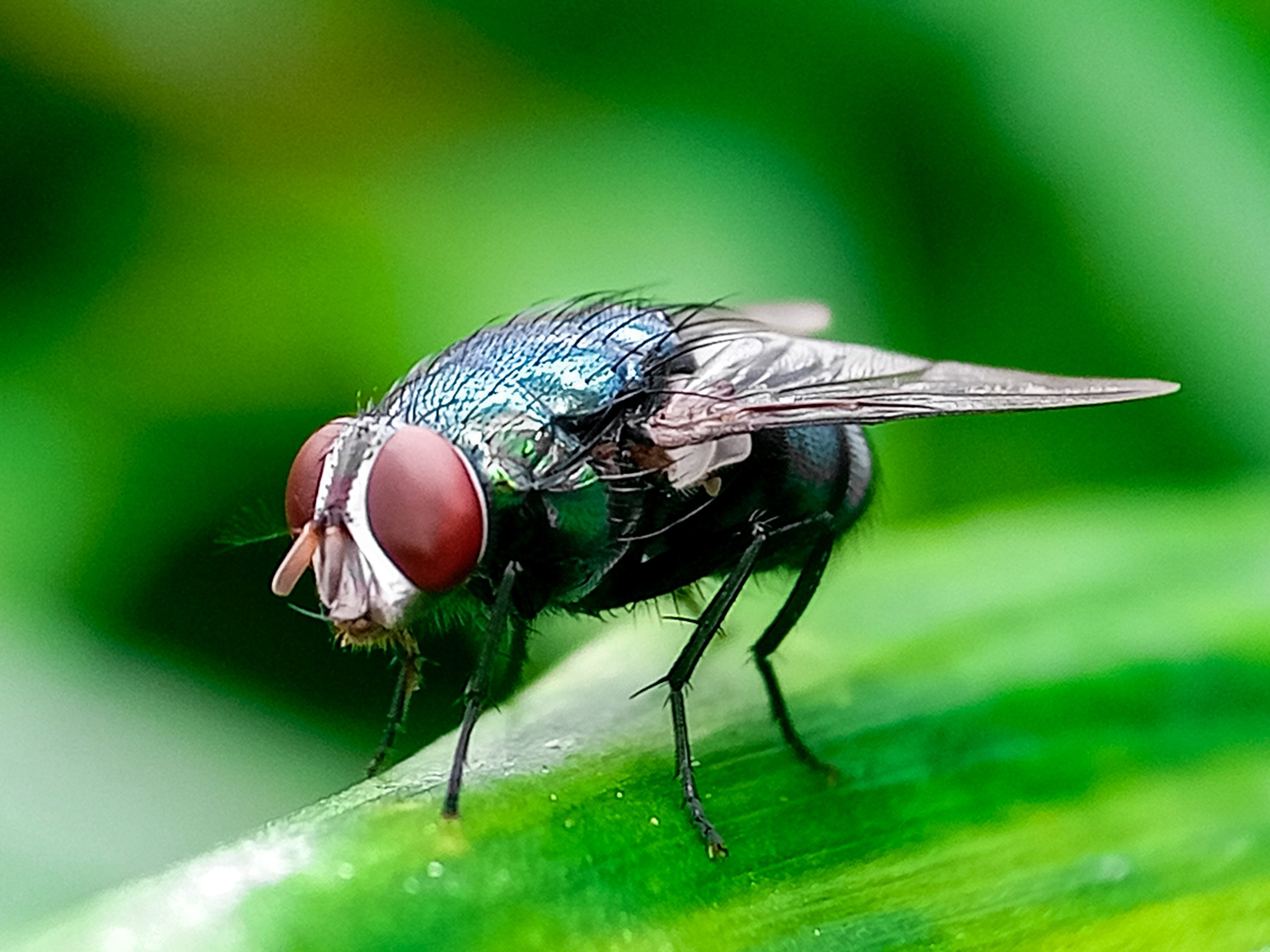By Richard T. Cheatham, DSC Foundation President
The U S Fish and Wildlife Service (FWS) will approve the issuance of a permit to import the black rhino killed by the US hunter who purchased the export permit and hunt at an auction conducted by DSC Foundation in December 2016. This decision is a significant victory for those who support policy dictated by sound research and scientific data and a larger view of species enhancement, rather than emotion and hyperbole.
Namibia is home to approximately half of the world’s black rhinoceros population. There were, in 2015, 1946 individual black rhinos, a population that doubled in size over a 20 year period. Currently listed “Vulnerable”, the assessment should be amended to “Near Threatened” due to the remarkable and sustained successful management in Namibia under the country’s Black Rhino Management Strategy. The goals of that strategy are to expand available range, grow the population at a rate of at least 5 per year and minimize poaching- all of which are being met by Namibia’s Ministry of Environment and Tourism (MET).
According to information gathered and published by Conservation Force, positive enhancement of the species resulting from the hunt in question is demonstrated, unequivocally, as follows:
Namibia’s strategy achieves maximum growth by maintaining rhino populations below the range carrying capacity and skewing the population towards females and young adults through translocation and conservation hunting.
Research has shown that removal of a limited number of males reduces in-breeding and stimulates population growth by reducing conflicts and often fatal competition between old and younger males, inducing shorter calving intervals and reducing juvenile mortality.
Regulated hunting is a tool used to increase black rhino population growth rates. Hunting offtakes have no negative population impact, as the potential removal of up to five bulls per year would represent only 0.26% of Namibia’s black rhino population, which would be only a fraction of the annual growth rate. These offtakes promote the removal of “certified” surplus bulls while generating significant revenues to be invested in rhino conservation.
MET monitors all black rhino and individually certifies the select few to be hunted. These bulls are over age 25, post-reproductive, and almost always problem animals. They are typically killers of other rhino and interfere with younger, breeding bulls, thereby depressing the population growth rate on the property. The rhino hunted by the applicant killed six other rhinos – six productive individuals removed from the breeding pool by a single post-productive bull.
MET rangers accompany the hunter to ensure the correct rhino was taken, and the professional hunter must be licensed by MET for dangerous game. Since 2004, when the CITES Parties approved an export quota of five black rhino/year from both Namibia and South Africa, black rhino populations have increased by 67%, with only 47 black rhino hunted from 2005 to 2015.
Namibia’s strategy of the sale of a number of export permits has generated substantial funds to aid in the implementation of its management program. Dallas Safari Club provided $350,000.00 to Namibia’s Game Products Trust Fund earmarked for black rhino research and protection in 2013. The proceeds from the sale of the export permit that is associated with the import permit application approved on September 20 were also sent to the Game Products Trust Fund with the same restrictions on the use of the funds.
The international community has previously expressed its support in connection with the first requested positive enhancement finding in connection with the export permit auction by Dallas Safari Club. The IUCN’s Sustainable Use and Livelihoods (SULi) committee and the African Rhino Specialist Group endorsed the hunt.
Namibia’s strategy, and the implementation thereof, has been extremely successful and beneficial to black rhinos. Namibia’s achievements are undeniable and its efforts are to be commended. The MET’s work to maximize black rhino growth rates and provide critical anti-poaching measures is to be applauded.
This important decision will undoubtedly be met with the predictable cries from those who oppose hunting, and particularly this hunt, but make no mistake – this hunt, by every measurable standard, was good for the species. The killing of this rhino and the proceeds from the auction will protect the Namibian black rhino breeding population and will benefit generations to come.
DSC Foundation wholeheartedly supports the issuance of the import permit and congratulates the FWS for its commitment to rational, science-based wildlife policy.
For more information about the Namibia black rhino success story, view a short fact sheet here: SHORT FACT SHEET—NAMIBIA’S RHINO MANAGEMENT SUCCESS



